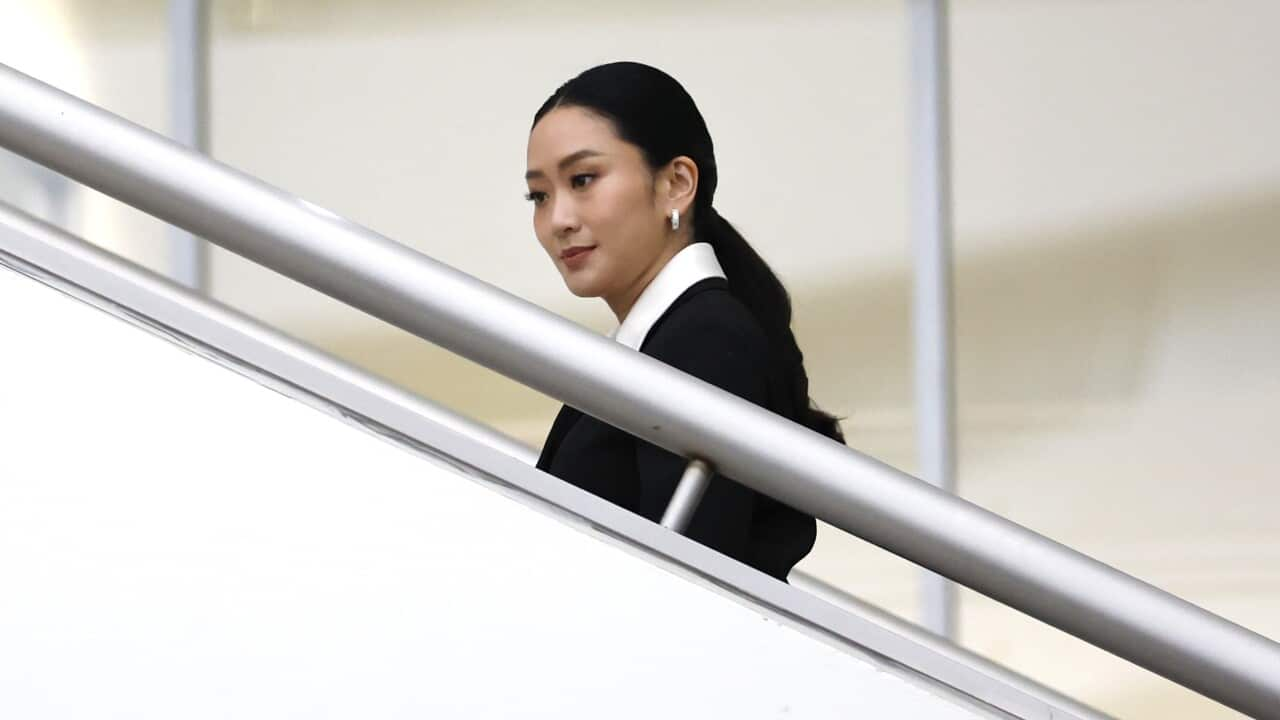Thailand's Paetongtarn Shinawatra has been dismissed as prime minister by the Constitutional Court for a violation of ethics after only a year in power, plunging the country and its stuttering economy into more uncertainty.
Paetongtarn, who was Thailand's youngest prime minister, becomes the sixth premier from or backed by the billionaire Shinawatra family to be removed by the military or judiciary in a tumultuous two-decade battle for power between the country's warring elites.
In its verdict, the court said Paetongtarn violated ethics in a leaked June telephone call, during which she appeared to kowtow to Cambodia's former leader Hun Sen when both countries were at the brink of an armed border conflict. Fighting erupted weeks later and lasted five days.
What happens next?
Deputy premier Phumtham Wechayachai and the current cabinet will oversee the government in a caretaker capacity until a new prime minister is chosen by parliament, on a date to be decided by the house speaker. The constitution does not specify a time-frame for when the lower house must convene.
The court ruling opens the door to a flurry of dealmaking and horse-trading between parties and other power-brokers, with the central figure almost certain to be Paetongtarn's influential father and former premier, Thaksin Shinawatra, 76, the billionaire founder of her Pheu Thai party. With many competing interests, the process could take time.
The stakes are high, with the ruling coalition holding a razor-thin majority of just seven seats, meaning any shifts in allegiance away from the alliance could be costly for Pheu Thai and the Shinawatra political dynasty.
Who could be Thailand's next PM?
There are five remaining eligible candidates from those declared prior to the 2023 election. Pheu Thai had three initially, but is now left with only one, Chaikasem Nitisiri, 77, a former justice minister and attorney general who has kept a low profile, but has said he is ready to step up.
Another possibility is Anutin Charnvirakul, 58, an ambitious former interior minister and deputy premier whose Bhumjaithai party quit Paetongtarn's coalition in June.
Also eligible are current Energy Minister Pirapan Salirathavibhaga, former deputy prime minister Jurin Laksanawisit, and ex-premier Prayuth Chan-ocha, a general who led a 2014 coup against the last Pheu Thai government. Prayuth, 71, is retired from politics and is currently a royal adviser.
What's needed to become Thailand's PM?
A candidate needs endorsement of 50 lawmakers before the house can vote. The backing of more than half of the lower house's current 492 members - or 247 votes - is required to become prime minister.
If the candidate fails, the house must convene again and the process will be repeated for any other candidates nominated, until a prime minister is chosen, with no time limit on the process.
What are the possible scenarios?
The chances of Pheu Thai retaining the premiership through Chaikasem will depend largely on whether Thaksin, despite Paetongtarn's dismissal, still has an accommodation with Thailand's conservative establishment, which has far-reaching political influence and could easily torpedo his plans.
While the old guard has a troubled history with Thaksin, some analysts say they may see him as the lesser of two evils. A weakening of Thaksin's power could lead to an early election and open the door to the People's Party, a progressive and hugely popular opposition with an institutional reform agenda that threatens the interests of conservatives and the royalist military.
Despite his limited political experience, Chaikasem as premier might be an agreeable stopgap solution but he would struggle to deliver on reforms or jumpstart a flat-lining economy. Political uncertainty could fester and the economic outlook could remain gloomy for some time.
Other scenarios include Bhumjaithai Party leader Anutin as premier, who would need support from within the coalition he fled and from the People's Party, the largest force in parliament, which has signalled it may back him if he commits to an early election. Another is an awkward political compromise that sees the return of retired general Prayuth, who would need to work with bitter enemy Pheu Thai.
For the latest from SBS News, download our app and subscribe to our newsletter.

